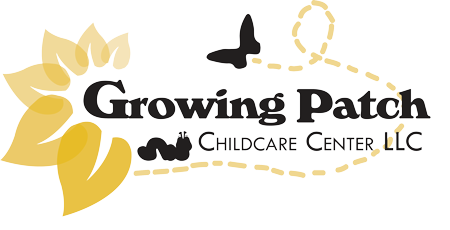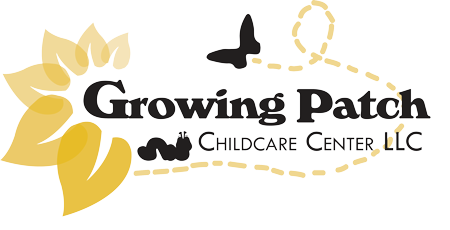Infant Room - Seedlings
(Birth-12 months)
Our infant classroom focuses on meeting the needs of each individual child, while implementing lessons to foster the development of every child. During the day, infants will engage in experiences to strengthen their fine motor and gross motor skills as well as allowing opportunities for exploring different textures, smells, tastes, and sounds through sensory play and open-ended art. Infants will expand their developing language through teacher interactions and baby sign language.
The areas of development around which our curriculum is organized are as follows:
1. Social and Emotional
- Interact with adults through games such as peek-a-boo
- Acknowledge own name
- Mimic simple actions
- Express several emotions
- Distinguish friends from strangers
- Respond actively to language and gestures
- Emerging in self-regulation
2. Cognitive:
- Understand words and commands and respond appropriately
- Begin to match similar objects
- React to and imitate the facial expressions of others
3. Physical:
- Help meet milestones such as rolling, sitting, standing, crawling, and walking.
- Increased coordination
- Master picking objects up with pointer finger and thumb
Toddler Classroom
Sprouts (12 month- 20 months)
Our toddler classroom offers a variety of hand-on exploration opportunities to promote curiosity and learning. Toddlers will become familiar with a consistent classroom routine and will be encouraged to engage in the wide-variety of teacher-planned experiences available to them that will encourage greater independence strengthen development of both fine and gross motor skills, and promote more accurate hand-eye coordination. Toddlers will expand their developing language through both peer and teacher interactions and continued use of baby sign language.
The areas of development around which our curriculum is organized are as follows:
1. Social and Emotional
- Developing self-help skills such as, eating, drinking, toileting, resting, sleeping, washing, and dressing.
- Emerging self-regulation with adult guidance and support
- Increasing confidence in risk taking
- Begin to help pick up toys and learning materials at clean-up time
- Show personal preferences through appropriate opportunities for choices
- Begin to show interest in sitting on and flushing toilet at bathroom times
- Begin to communicate needs and wants through simple words
2. Cognitive:
- Begin to follow simple instructions
- Recognize and participate in familiar classroom routines
- Make eye-contact with teacher when being spoken to
- Use simple words to reference familiar objects, animals, and people
3. Physical:
- Walk independently
- Squats to pick up a toy
- Stacks two objects or blocks
- Engage in simple finger plays and songs
- Shows greater balance and coordination in gross motor movements
- Manipulates materials with whole hand and pincer grasp, twisting, patting, and pressing
- Grasps a pencil with whole hand and makes marks on paper
Older Toddlers
Blossoms (20 months- 33 months)
Our step-up toddler classroom focuses on reaching greater competence in communicating and interacting with peers, increased ability to recognize and label emotions, and encouraging more involvement in implementing problem-solving strategies with teacher guidance. Older toddlers are given access to a variety of art and writing materials to encourage mark-making and proper pincer coordination, as well as continued opportunities to work on manipulating small objects with increased control, focus, and coordination. Children begin to show interest in, and gain greater understanding of their body, especially in becoming competent in using the toilet and experiencing more control over bodily rhythms.
The areas of development around which our curriculum is organized are as follows:
1. Social and Emotional
- Gain competence in recognizing and responding to verbal and non-verbal cues from peers
- Consistently show gentle, non-aggressive behavior with peers and teachers
- Continued growth in self-regulation with more input towards problem solving solutions
- Gain greater understanding of bodily rhythms and using the toilet
- Participate in keeping classroom clean and tidy
- Show responsibility in caring for personal items and spaces
- Become more cooperative with consequences given for hurtful behavior
- Engage in pretend play with peers and acting with objects
- Show greater regulation at rest time, laying quietly on rest mat with minimal teacher guidance
2. Cognitive:
3. Physical:
- Show continued increase in large motor balance and coordination
- Jump with both feet off of the ground
- Make more controlled marks on paper
- Competently engage in fingerplays with peers
- Stack building materials with greater control and coordination

